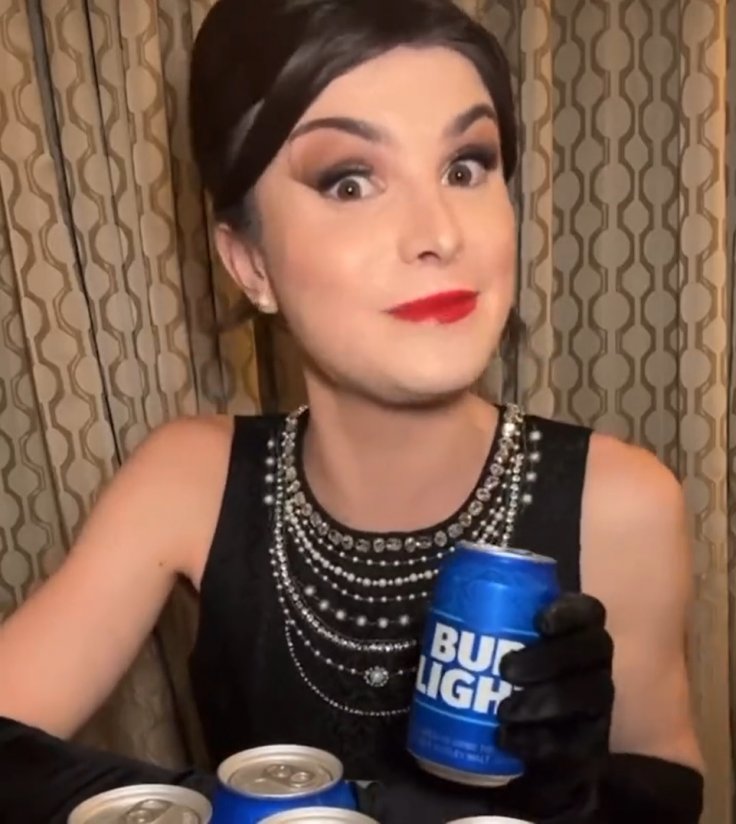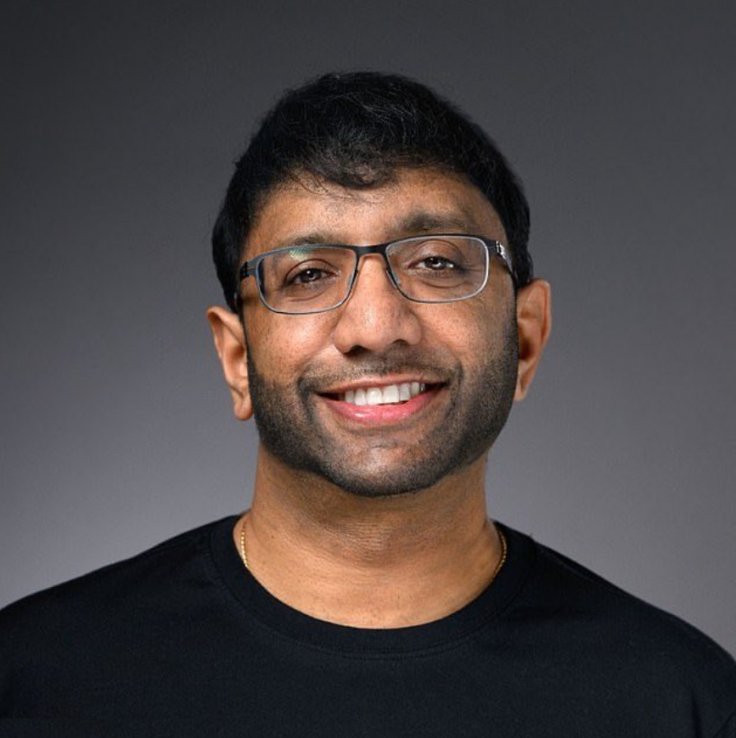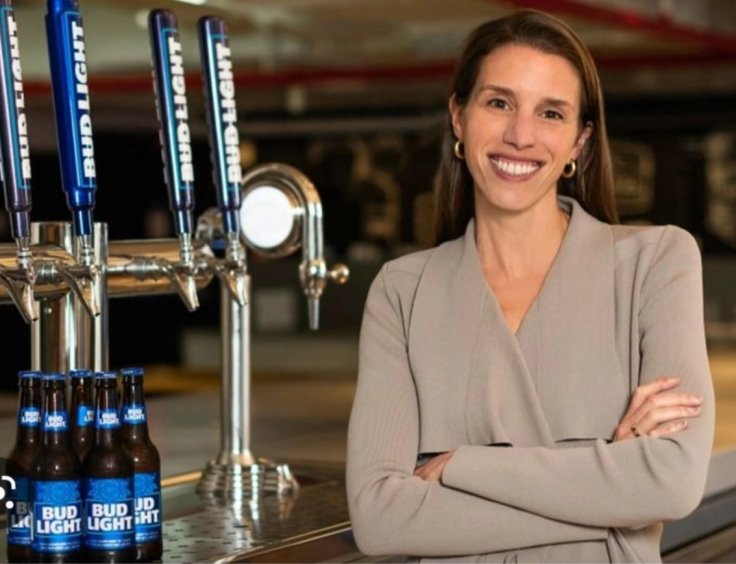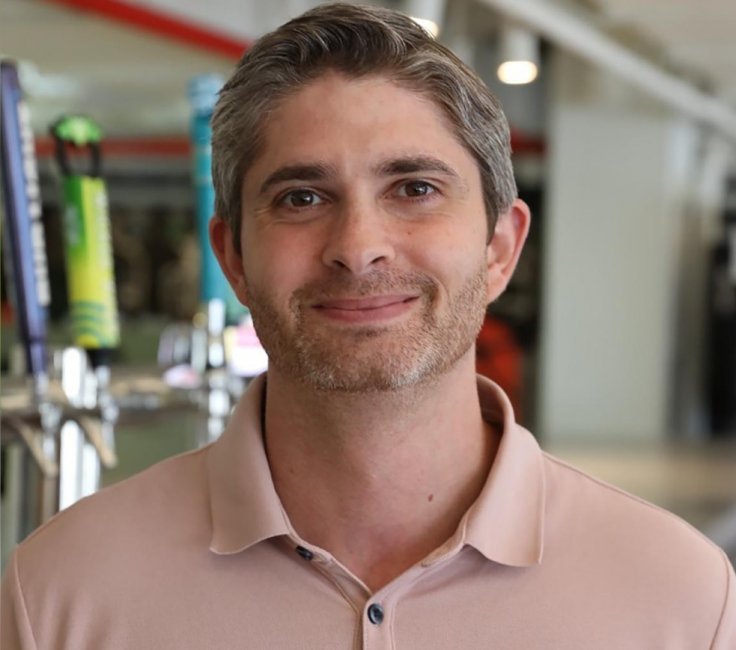All is not well for Anheuser-Busch and so it is for the ad agency that was responsible for the market disaster. The advertising agency that partnered Dylan Mulvaney with Bud Light is apparently in "panic mode" following the two parties' failed partnership. However, it is still trying to resume "business as usual" as backlash continues to hurt the beer brand's sales.
Captiv8, a San Mateo, California-based company that pairs social media influencers with major consumer brands, introduced the 26-year-old transgender influencer to Anheuser-Busch. This led to a viral TikTok video, which has since become a textbook example of marketing gone wrong, according to sources familiar with the situation.
In the Backfoot

It was presently unclear if Captiv8, which claims to have a database of more than 1 million influencers on TikTok, Instagram, YouTube, and Twitter, was also in charge of the now-famous Bud Light beer can that featured Mulvaney's image. Moreover, it was unclear whether Captiv8 had any direct involvement in the creation of Mulvaney's TikTok video.
However, Captiv8's offices were filled with anxiety and confusion during the initial days of the controversy due to the widespread backlash over the video, which unleashed a firestorm when it was posted on April 1 and showed Mulvaney holding a Bud Light can while taking a bubble bath, a source with knowledge of the situation told the New York Post.
According to the insider, "there was a lot of chatter" among staff members about the potential fallout the company would have due to the failed effort, DailyMail.com, reported.
"Internally, the company was in serious panic mode," the source added.

According to the company's website, Captiv8 uses a business model that teams up different social media celebrities with household names like Walmart, American Express, Twitter, and KraftHeinz.
The insider claimed that the agency's website video, which shows a lively tour of the allegedly posh office and includes influencers like athlete Zion Clark and Smosh sensation Olivia Sui, is really a "staged advertisement."
The agency was cofounded in 2015 by dot.com millionaire Krishna Subramanian, who sold ad network BlueLithium to Yahoo in 2007 and has subsequently positioned himself as an "expert on influencer marketing" in a number of interviews with the mainstream media.

Additionally, a video on the advertising agency's website claims that the farm system of the relatively unknown company employs more than "30 million creators."
As a specialist in influencer marketing, Subramanian has made himself available for interviews with the media.
He discussed the value of viral videos during big-ticket advertising events such as the Super Bowl in a February interview with The Wall Street Journal.

"The best way to think about TikTok is that it's a vehicle that takes a consumer to the checkout line," Subramanian told the paper.
Sales Continue to Plummet
Captiv8 seems to have resumed "business as usual" after the initial panic caused by the Mulvaney incident, the insider claims.
The revelation of the roots of the unsuccessful campaign come as Bud Light's parent company Anheuser-Busch InBev put Alissa Heinerscheid, the vice president of marketing, and Daniel Blake, her boss, on leave in April.
Following the immediate backlash, the Belgian-based company tried to prove to distributors that Mulvaney's beer can was not their creation, but rather the work of an as-yet-unidentified "third-party" advertising agency that was in charge of the promotional film and numerous other pieces.
Heinerscheid was brought on board to revamp Bud Light's marketing in June 2022 with the goal of reviving its image, while Blake had been employed by Anheuser-Busch for almost nine years.
Heinerscheid reportedly oversaw the 'the Bud Light Carry' campaign, which featured a woman carrying a round of beers to a table of friends without spilling a drop, and a critically praised Super Bowl advertisement starring Miles Teller and his wife Keleigh Sperry.

According to statements from the beer company, Heinerscheid had a vision for the commercials to make the company more appealing to women, which she had only recently identified as her "passion point."
The brand's association with Mulvaney, a controversial trans activist with a mass following on social media, which proved to be a step too far for Bud Light's devoted customers, immediately put an end to that ambition on April 3.
Heinerscheid and Blake both declined to comment on the controversy.
Heinerscheid, who joined Anheuser Busch in 2022, gave an interview just days before Mulvaney released her videos in which she discussed her efforts to change Bud Light's "fratty" and "out-of-touch" image and draw in new customers with a more "inclusive" strategy.
Two days later, on April 1, Mulvaney, who started transitioning to a woman in 2021, was introduced as a brand partner.
The exact circumstances surrounding the can controversy are still unclear, but the boycott is still having an impact on sales and the brand's market value.
According to data collected by the NY Post, sales fell by 25.7% last week after declining 24.6% the week before. According to Fox Business, stores impacted by the boycott are rushing to sell their remaining supplies of Bud Light, including one that was offering 24-packs for as little as $3.49.









